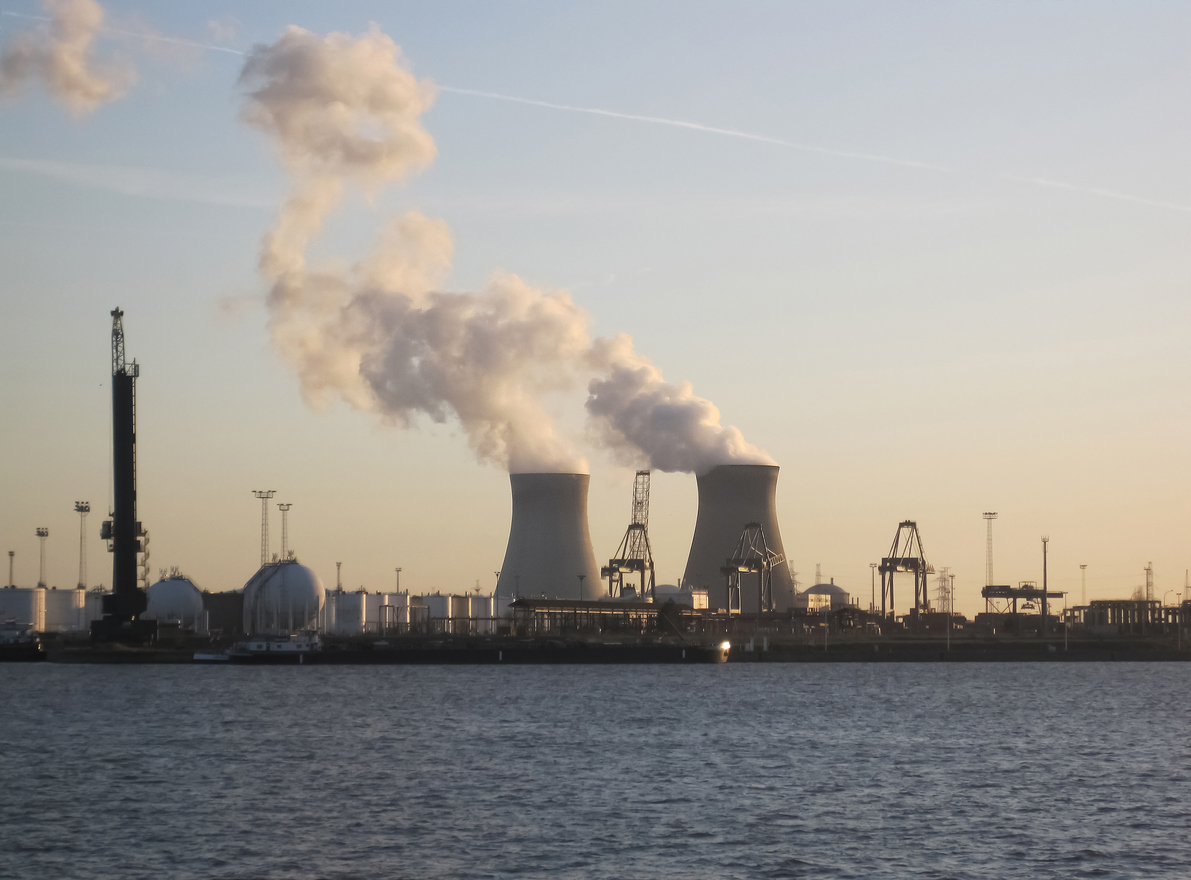2021/10/14
Multi-Nuclide Removal Equipment (ALPS) Undermines Public Confidence in Its Operation; TEPCO and the Administrative Bodies Should Bid Farewell to the Age of “Myth”

(The original article in Japanese was posted on September 17, 2021)
On September 9, Tokyo Electric Power Company Holdings, Inc. (TEPCO) released the inspection results about the faulty exhaust filters in the additionally installed multi-nuclide removal equipment known as ALPS (the advanced liquid processing system.) According to TEPCO, damage was found in a total of 24 locations out of 25 of exhaust filters; there has been no evidence of bodily contamination of workers or impact on the surrounding environment; and they will continue to investigate the cause of damage.
In response to the TEPCO’s announcement, the Nuclear Regulation Authority (NRA) raised concerns about the fact that TEPCO deliberately did not disclose the similar damage detected two years ago and continued the ALPS operation without adopting any causal analysis or countermeasures. In that regard, criticizing harshly again the corporate attitude toward safety management, the NRA issued an order to TEPCO to take recurrence prevention measures.
In the wake of the falsified inspection records that became publicly known in 2002, TEPCO made a pledge to disclose information thoroughly, maintain corporate transparency, adhere to code of conduct, and strengthen its internal audit function. Midway through the reformation, the company experienced the severe disaster of the Great East Japan Earthquake. Nevertheless, the corporate culture has never changed. In March of this year, a deficiency in counterterrorism measures was found at the Kashiwazaki-Kariwa Nuclear Power Station, which cast doubts on qualification of TEPCO once again as a nuclear business operator. Incidentally, I made a related comment in the previous article of this column, saying, "phony sanctuary based on the safety myth rooted in the nuclear industry should be eliminated on top priority." (March 19, 2021). In fact, TEPCO must have reinvented itself to "restore the corporate culture toward safety with a keen sense of crisis."
In May, the Board of Audit of Japan announced the results of the survey on the decontamination monitoring project performed by the Ministry of the Environment that "the decontamination effect could not be confirmed at 13,000 locations out of some 560,000 designated locations in Fukushima Prefecture," and requested the ministry to improve the measurement accuracy. First of all, it was a basic rule that the measurement of air radiation levels is carried out within 6 months to 1 year after the decontamination work was completed, but the board found that the intervals between measurements varied greatly from site to site, ranging from less than 90 days to over 700 days. Specifically, 22% of the total locations were left measurements undone for more than one year. And what is worse, while falsified descriptions were identified in the contaminated soil storage record book, new housing construction was promoted on the land where contaminated soil was buried. As a whole, inappropriate management reality has become exposed to the public.
The problem of treated nuclear sewage and contaminated soil at the Fukushima Daiichi Nuclear Power Station must be an issue that calls for the utmost sensitivity when it is brought up for discussion. Concern for reputational damage is also rooted in the loss of public trust in the accuracy and transparency of information. Well then, why do the business operator as well as administrations never ever change their negligent and dishonest attitude without learning bitter lessons? Is it simply an arrogance of those that were once treated as a "sanctuary," or is it a delusional belief in pursuing the afterimage of safety myths? At any rate, unless public confidence is regained in society to assure not only the accuracy of the publicized information but also the “disclosure of every single piece of information,” Fukuichi (Fukushima No. 1 nuclear power plant) will never get ready for starting a "science-based" discussion.
This Week’s Focus, September 17
Takashi Mizukoshi, the President